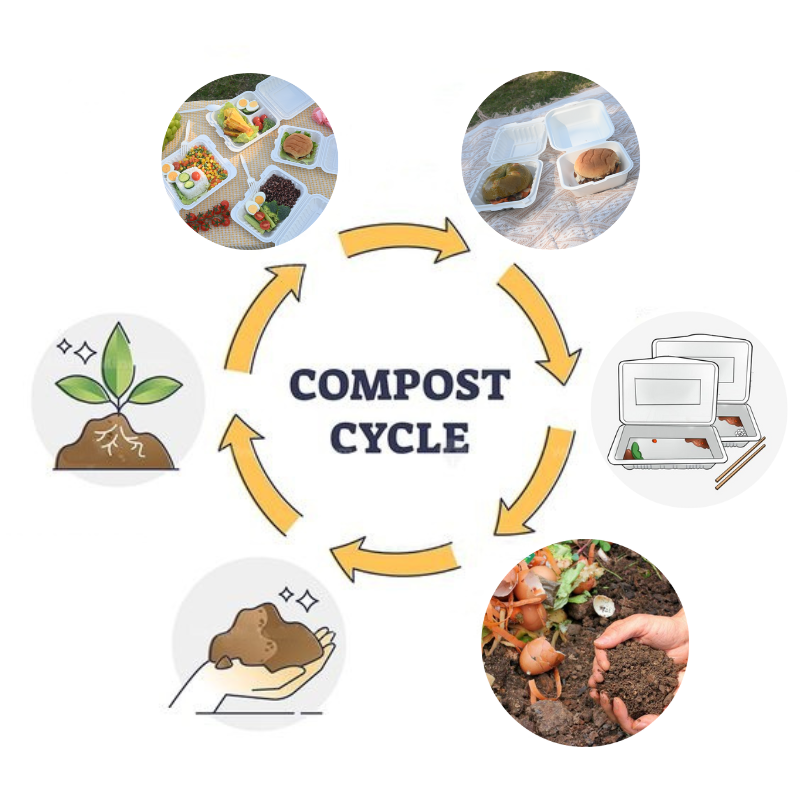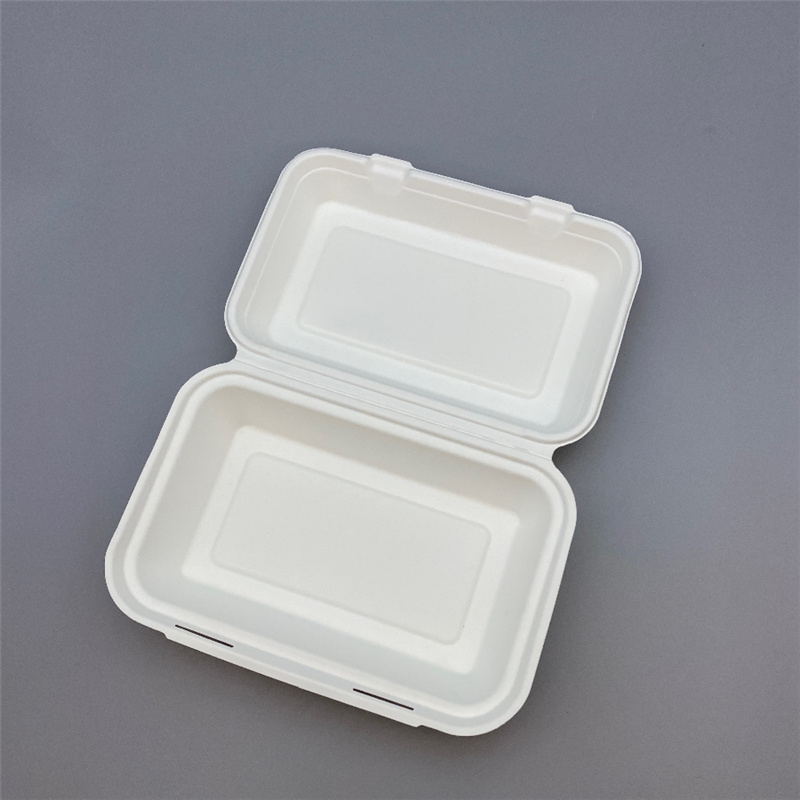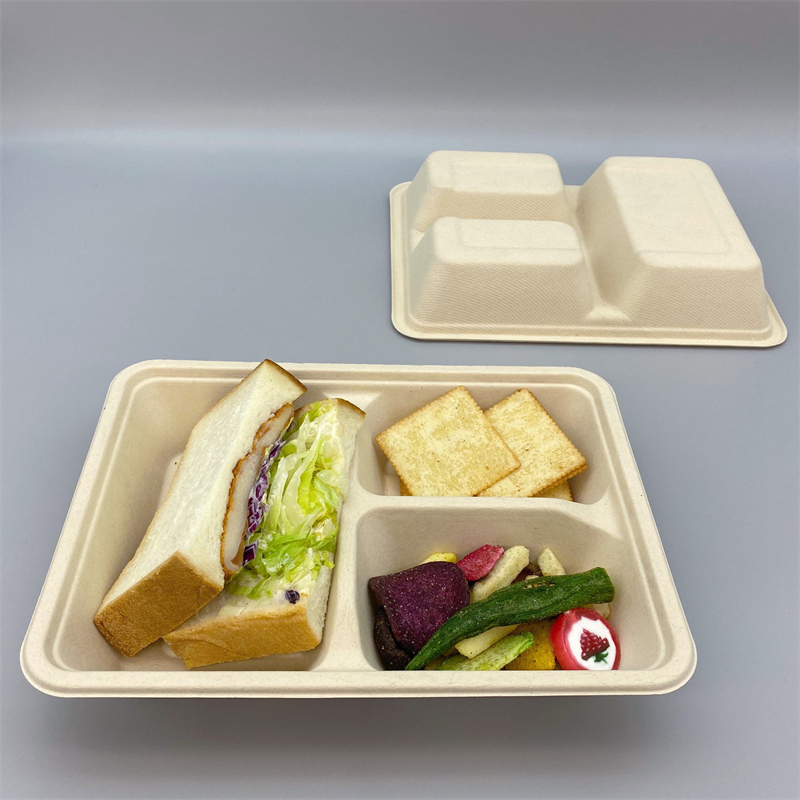
As China gradually phases out single-use plastic products and strengthens environmental policies, the demand for compostable packaging in the domestic market is rising. In 2020, the National Development and Reform Commission and the Ministry of Ecology and Environment issued the "Opinions on Further Strengthening Plastic Pollution Control," which outlined a timeline for gradually banning and restricting the production, sale, and use of certain plastic products.
As a result, more people are actively engaging in discussions about waste, climate, and sustainable development. With the deepening of the plastic ban policies, many businesses and consumers are shifting towards using compostable packaging. However, there are still some challenges in promoting and using compostable packaging. By reading this article, you can make a more informed choice in favor of sustainable packaging!
1. The Current State of Commercial Composting Infrastructure in China
Despite growing environmental awareness in China, the development of commercial composting infrastructure remains relatively slow. For many businesses and consumers, properly handling compostable packaging has become a significant challenge. While some major cities like Beijing, Shanghai, and Shenzhen have begun establishing organic waste collection and processing facilities, such infrastructure is still lacking in many second- and third-tier cities and rural areas.
To effectively promote the use of compostable packaging, both the government and businesses need to work together to accelerate the construction of composting infrastructure and provide clear guidelines to help consumers properly dispose of compostable packaging. Additionally, companies can collaborate with local governments to establish commercial composting facilities near their production sites, further promoting the recycling of compostable packaging.
2. The Feasibility of Home Composting
In China, the adoption rate of home composting is relatively low, with many households lacking the necessary composting knowledge and equipment. Therefore, even though some compostable packaging materials can theoretically break down in a home composting system, practical challenges remain.
Some MVI ECOPACK packaging products, such as tableware made from sugarcane, cornstarch, and kraft paper, have been certified for home composting. Simply cutting them into smaller pieces can help them compost more quickly. MVI ECOPACK plans to enhance public education on home composting in collaboration with other companies in the industry, promote home composting equipment, and provide consumers with easy-to-follow composting guides. Furthermore, developing compostable packaging materials that are more suitable for home composting, ensuring they can effectively decompose at lower temperatures, is also crucial.


3. What Does Commercial Composting Mean?
Items labeled as "commercially compostable" must be tested and certified to ensure that they:
- Fully biodegrade
- Biodegrade completely within 90 days
- Leave only non-toxic biomass behind
MVI ECOPACK products are commercially compostable, meaning they can fully biodegrade, producing non-toxic biomass (compost) and breaking down within 90 days. Certification applies to controlled environments, where most commercial composting facilities maintain a high temperature of around 65°C.
4. Addressing Consumer Inconvenience
In China, many consumers may feel confused when faced with compostable packaging, not knowing how to properly dispose of it. Especially in areas lacking effective composting facilities, consumers might perceive compostable packaging as no different from traditional plastic packaging, thereby losing the motivation to use it.
MVI ECOPACK will increase its promotional efforts through various channels to raise consumer awareness of compostable packaging and clearly communicate its environmental value. Additionally, providing packaging recycling services, such as setting up recycling points in stores or offering recycling incentives, can encourage consumers to participate in the recycling of compostable packaging.
5. Balancing Reuse with Compostable Packaging(Click on the related articles to view)
Although compostable packaging is an important tool in reducing plastic pollution, the concept of reuse should not be overlooked. Particularly in China, where many consumers are still accustomed to using disposable food packaging, finding ways to promote reuse while encouraging compostable packaging is a challenge that needs to be addressed.
Businesses should advocate for the reuse concept while promoting compostable packaging. For example, reusable tableware can be promoted in specific scenarios, while offering compostable options when single-use packaging is unavoidable. This approach can further reduce resource consumption while mitigating plastic pollution.

6. Shouldn't We Be Encouraging Reuse?
We are indeed doing so, but it's clear that behavior and habits are hard to change. In some cases, such as music events, stadiums, and festivals, the use of billions of disposable items each year is unavoidable.
We are well aware of the problems posed by traditional petroleum-based plastics—high energy consumption, significant resource usage, environmental pollution, and accelerated climate change. Microplastics have been found in human blood and lungs. By removing plastic packaging from takeout restaurants, stadiums, and supermarkets, we are reducing the amount of these toxic substances, thus diminishing their impact on human and planetary health.
If you have any further questions, please email us at orders@mvi-ecopack.com. We are always here to help.
Post time: Aug-19-2024










